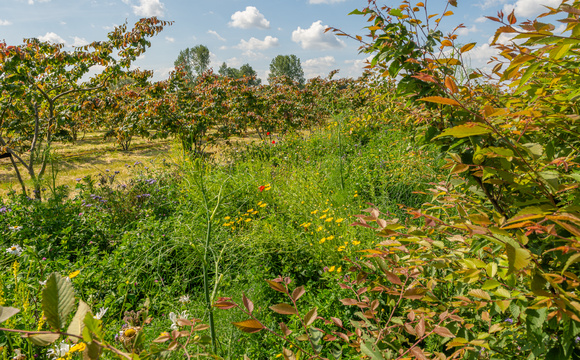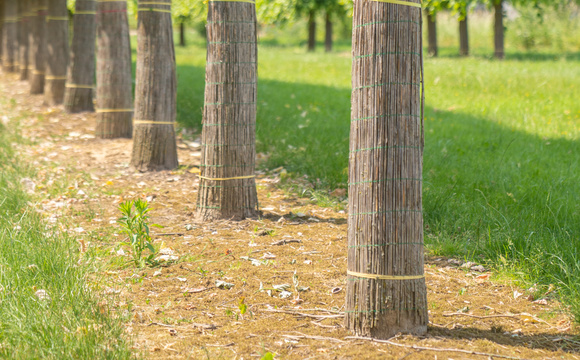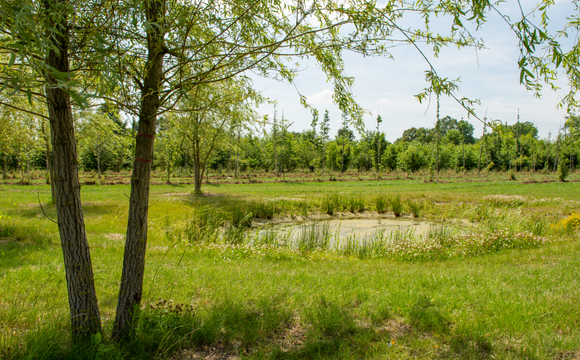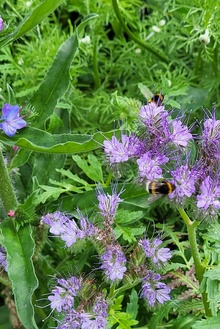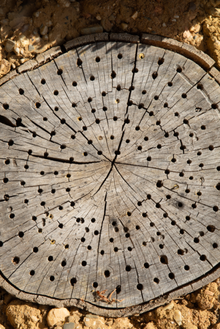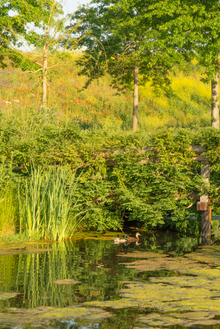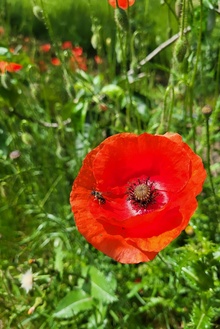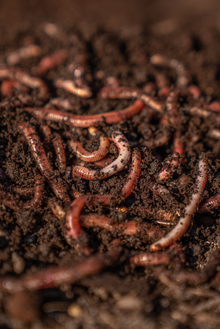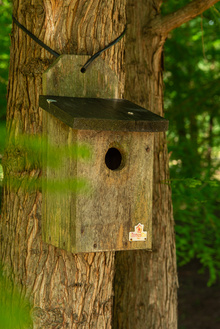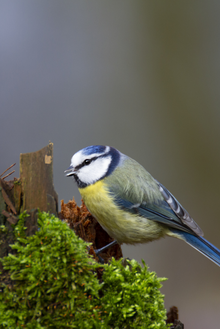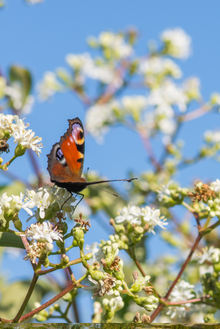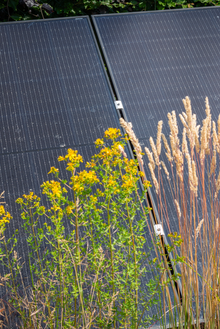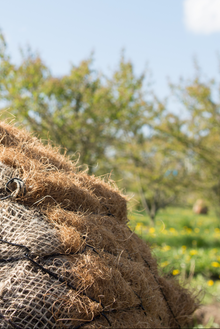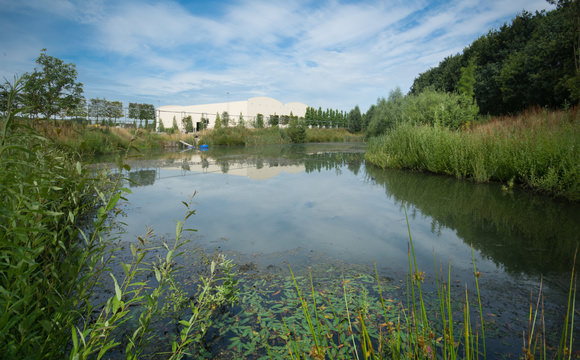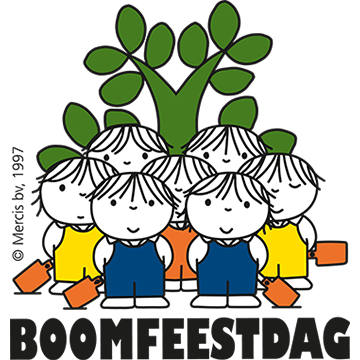At Ebben Nurseries, we strive to make the production of our trees even more sustainable every day. We do so by means of a nature-inclusive cultivation process, using natural processes in order to optimise the quality of our trees and minimise the impact on the environment. Ebben Nurseries is affiliated to various sustainability labels and organisations such as ‘On the way to PlanetProof’.
We currently have 11 hectares for organic cultivation in accordance with SKAL guidelines. Link Ebben Nurseries sees fully organic production as the definitive way forward; for this reason, we are making moves to expand the acreage we set aside for organic trees.

